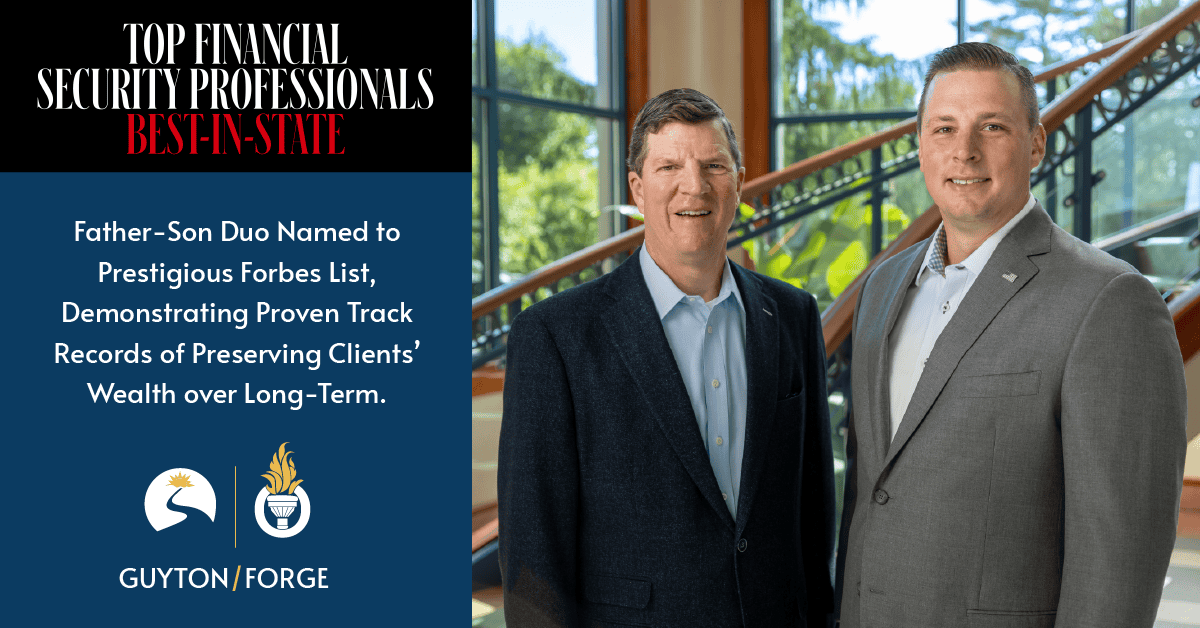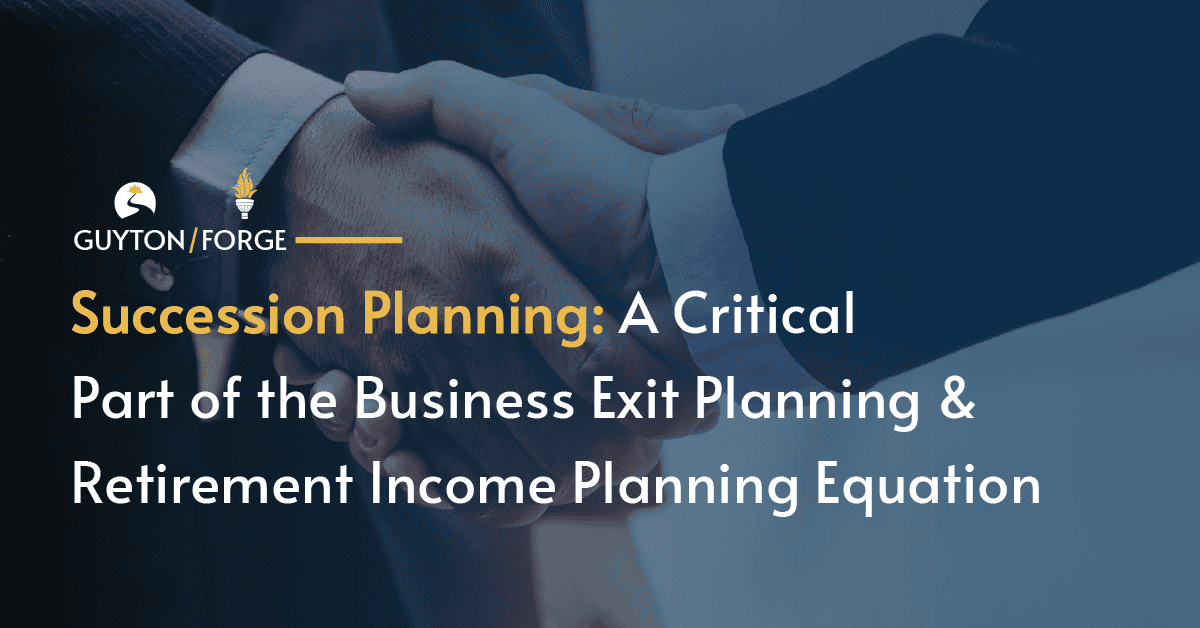As the deadline for filing your taxes approaches, do you know how to maximize your tax savings – and keep more of your hard-earned money? As financial experts, we have proven, best practice tips on how to accomplish this:
Increase retirement account contributions. Retirement account contributions – such as contributing to a 401K – is a smart (and easy) way to save on taxes. Traditional IRA and 401K contributions are typically made with pre-tax dollars, reducing your taxable income. Traditional IRA contributions will lower your taxable income for the current year, and you won’t pay any taxes on these contributions until you withdraw the money. Roth IRAs, on the other hand, are taxed upfront, which means they won’t lower your taxes for the current year, but the distributions and earnings you take when you retire will be tax-free. If you own a business, consider establishing a pension plan to go along with a 401K. You can provide a valuable benefit for your employees while substantially increasing the amount (and tax deductions) you set aside for yourself. In addition, the tax savings on your contributions might be enough to fund the benefit for your valuable employees. Wouldn’t you rather give the money to them instead of Uncle Sam?
Invest in real estate. Investing in real estate – such as rental properties, apartments, land, and commercial buildings – offers significant tax incentives. Investment property owners can take deductions, including costs associated with mortgage interest, property tax, operating expenses, depreciation, and repairs. Additionally, homeowners can benefit from the personal-residence exemption, which protects their home sale profits from capital gains taxes.
Manage your portfolio wisely. Be efficient in managing your portfolio can help you save money on taxes. If you have a reasonable sized portfolio – north of $500K – and you own individual stocks instead of mutual funds, you can avoid a lot of taxes. Mutual funds require people to pay gains, but with stocks, you can manage your gains against losses. Consider using tax-loss harvesting: selling stocks at a net loss to reduce capital gains taxes.
Start a business. Whether you’re in the prime of your professional career or a retiree starting a new career, starting a business offers many tax advantages and potential write-offs, including business-related vehicle mileage, advertising, website fees, professional publication subscriptions, association dues, office supplies, and any other expenses necessary to run your business. Even freelance projects can offer potential tax savings.
Donate to charity. Being philanthropic offers tax benefits, as donating money, household items, and appreciated stocks is all tax deductible. If you prioritize philanthropy, now could be a good time to increase your donations. If you regularly give to charities, consider putting several years’ worth of gifts into a donor-advised fund (DAF) for a year, which allows you to earn an immediate deduction. Then, invest those funds for tax-free growth, using the DAF account to make future charitable donations.
Review your estate plans.The high federal gift and estate tax exemptions is expected to drop to the 2017 level of $5 million for individuals and $10 million for couples, which could impact people who were previously exempt from gift and estate taxes starting in2026. If this applies to you, consider giving some assets from your estate as gifts before the exemption changes in a few years. Work with your financial advisor to determine the best way to structure these gifts, such as starting trusts for your beneficiaries.
Think long-term. Consider tax implications beyond just this year. While you might opt to max out your 401K to save on taxes now, that isn’t necessarily the right move. Since most people earn more money later in their careers and lives, it might make more sense to pay taxes now because you’ll likely be in a higher tax bracket in the future. In your early earning years, you might want to use after-tax money – like a Roth – and pay your taxes now so it grows tax- free, offering you valuable retirement benefits.
Consult with a financial advisor. A trusted financial advisor can help develop a personalized tax strategy that meets your needs and your financial goals. A knowledgeable professional will help you take advantage of all the tax credits and deductions that you’re eligible for, evaluating your specific situation to maximize your savings. Financial advisors have the knowledge, experience, and objectivity to help people see the big picture and make decisions based on their current circumstances and future financial needs. No single piece of advice is right for everyone, and a financial professional can help develop a customized plan to help you achieve financial health and success.
Use these proven tax strategies to spend less on taxes and keep more of your hard-earned money. At Guyton Forge, we work collaboratively with clients every day, providing them with personalized financial services, helping them maximize their deductions, and helping them boost their bottom line. Our financial professionals excel at building successful, long-term relationships with our clients, providing sage financial advice with a personalized touch.
The Guyton Forge team is here to help you achieve – and exceed! – your financial goals. Please contact us with questions and for any financial needs.






